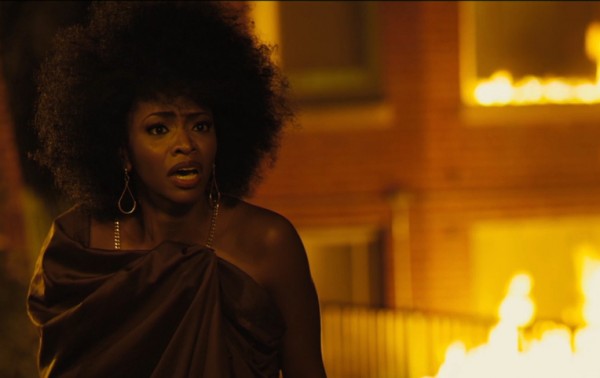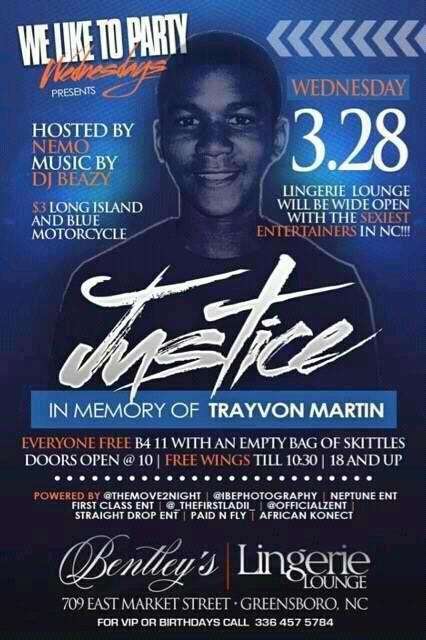Chi-Raq (2015)

Imagine Lysistrata—the classical play you probably read in Greek Lit class —but in the hood.
In this fictional but all-too-real version of Southside, Chicago, the women of Chi-Raq, lead by Lysistrata (Teyonah Parris), opt to withhold sex as a negotiating method to force an end to the gang related violence their men engage in. Lysistrata is inspired by the story of Leymah Gbowee, a Liberian woman who organized a sex strike amongst her peers to end a gruesome civil war. Her efforts were successful and earned her the Nobel Prize. The purpose of the Chi-Raq women’s strike is not so much to save their men from themselves as it is to bring a stop to the stray bullets that kill innocent children caught in the crossfire. These female revolutionists consider their responsibility to put children first an unwritten condition of womanhood. While Lysistrata herself is not a mother, her solidarity with them over her gang leader boyfriend, whom she loves, is powerful.
Is the labor of the Chi-Raq women’s strike itself a sort of sex work? As a sex worker myself, I have a very liberal definition of what falls under that (red) umbrella. I consider any situation where sex is used as a means of negotiation to be a form of sex work. Cash exchange is not a requirement. This definition can include negotiations between married couples or any suggestion of potential future sex to get what you want in the now—what some might call “flirting.” I understand this is a controversial opinion and an incredibly broad demarcation of sex work. But the reason I keep my definition of sex work so broad is because it normalizes the behavior. The more parallels I can draw between prostitution and sexual labor within civilian relationships, the weaker the arguments for intimate labor being an inherent evil become. This also means that when I work, I feel no guilt over avoiding terms such as “escort”—which would get me targeted by law enforcement—in favor of “sugarbaby” or “spoiled girlfriend”—even though nine times out of 10 they mean same goddamned thing, just without leaving me subject to the same legal implications.
The women of Chi-Raq considered themselves activists, and peaceful ones at that, but they still end up facing federal charges for their disruptive behavior. “Activists” sounds much better than “pissed off girlfriends.” There exists near infinite terminology to frame sexual negotiations depending on the conditions in which you negotiate. As the leader of this unconventional protest, Lysistrata is careful in navigating PR—it is her articulation of the dire circumstances in which the neighborhood lives, in addition to her resolve, that makes her a force to be reckoned with as opposed to being considered a joke, or worse, a terrorist. Different titles for the same actions produce vastly different outcomes.


